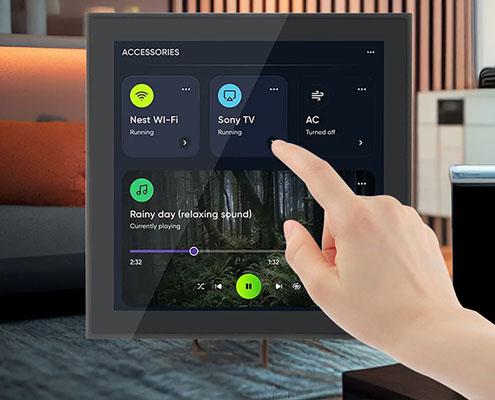Introduction
poe 2 currency continues the legacy of its predecessor with a deep and intricate in-game economy that revolves around crafting materials and currency items rather than traditional gold or coin. With dozens of different currencies like Chaos Orbs Divine Orbs and Exalted Orbs all serving distinct functions in crafting and trade the question often arises whether players can convert this virtual wealth into real-world money. While the game itself strictly forbids real-money trading there is a thriving gray market that exists beyond official channels. Understanding how it works the risks involved and the stance of the developers is essential for any player considering this path.
Grinding Gear Games’ Policy on RMT
The developer of PoE 2 Grinding Gear Games has a clear and strict policy against real-money trading. This includes selling in-game currency for real cash selling items accounts or any services related to the game. Players caught engaging in such activity risk account suspension or permanent bans. This policy exists to preserve the fairness and integrity of the in-game economy by preventing pay-to-win dynamics cheating and bot-driven market manipulation. GGG actively monitors suspicious trading behavior employs automated detection systems and investigates reports from the community to uphold this stance.
The Existence of a Gray Market
Despite the official rules a gray market for path of exile 2 Items does exist. This market is mostly made up of third-party websites that operate outside of the game’s control. These platforms allow players to buy and sell currency items using real-world money with prices varying based on league economy item rarity and demand. The process typically involves contacting a seller through a marketplace and coordinating a trade that is carried out in-game under the guise of a regular item exchange. These platforms have existed since the early days of PoE and continue to operate due to the high demand for fast and convenient wealth acquisition.
Risks and Consequences
Selling currency for real money carries significant risks. The first and most obvious is the risk of a ban. If GGG detects that a trade was part of a real-money transaction they will take swift action against both buyer and seller. Another risk is being scammed by dishonest buyers or middlemen. Since these trades occur outside the secure environment of the game’s trade systems there is no official protection if the other party decides not to fulfill their end of the deal. Additionally account sharing and trading with unfamiliar parties opens players up to potential account theft or loss of items.
Why Some Players Still Do It
Despite the risks some players choose to sell path of exile 2 currency to profit from their time investment in the game. These individuals often treat PoE like a part-time job spending hours farming valuable items and currency then converting that wealth into cash through third-party platforms. For players in countries where the value of in-game currency outweighs local currency rates this can be a tempting way to monetize their gaming efforts. However even those who profit often operate in secrecy use secondary accounts and accept the possibility of account bans as a cost of doing business.
Alternatives to Real-Money Trading
For players who are interested in turning their gaming time into income without violating the rules there are safer and more legitimate paths to consider. Content creation through platforms like YouTube Twitch or Patreon offers a way to monetize PoE 2 expertise. Building a community around guides farming strategies or trading tips can lead to ad revenue subscriptions and sponsorships. Coaching newer players or running community events also provides opportunities to earn while staying within the game's terms of service. These methods require more time and effort upfront but they offer long-term sustainability without the fear of penalties.
Impact on the In-Game Economy
The presence of real-money trading has a notable impact on the PoE 2 economy. It can drive up the price of rare items distort market value and reduce the sense of fairness in competitive environments. Players who buy currency often skip progression stages gaining access to high-end gear more quickly than those who play legitimately. This creates tension within the community especially in competitive leagues or race events where gear advantages can translate to leaderboard positions or exclusive rewards. GGG’s strict enforcement against RMT is part of their broader effort to keep the economy healthy and ensure that success comes from gameplay not cash transactions.

